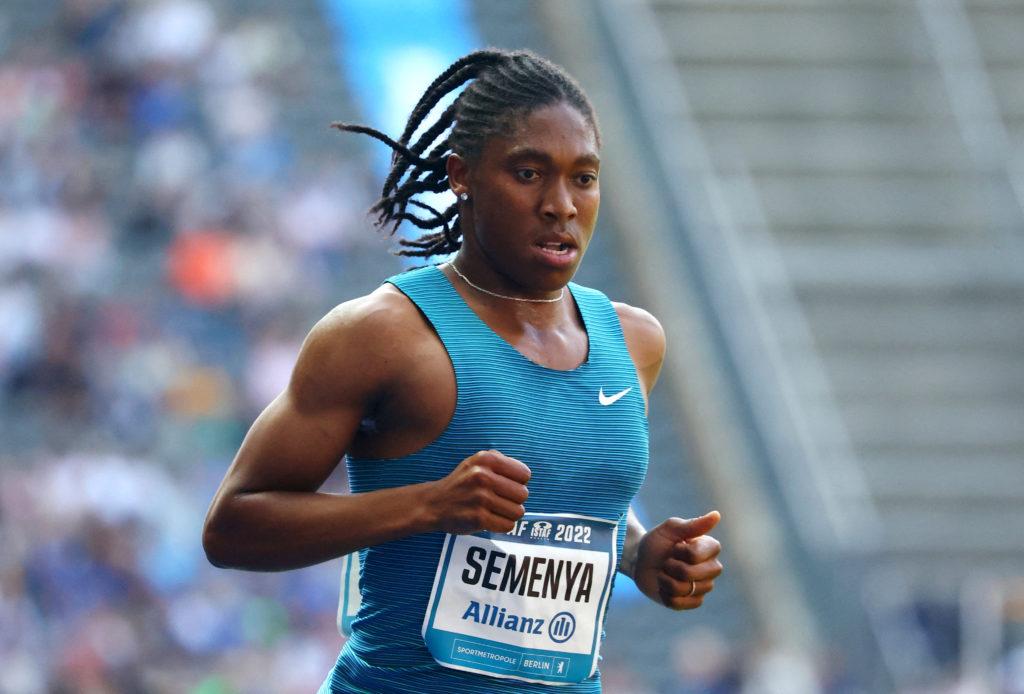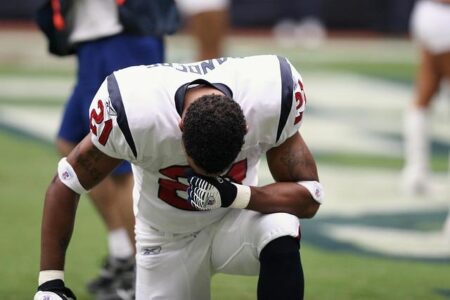A recent study sheds light on the ongoing debate surrounding transgender athletes’ participation in sports, revealing that opposition often stems from perceptions that female athletes are being unfairly disadvantaged. According to the research published by PsyPost, many detractors view the inclusion of transgender competitors as a threat to the achievements and opportunities of cisgender female athletes. The findings offer a nuanced perspective on the complex social dynamics fueling resistance to transgender rights in athletic contexts, highlighting deeply rooted concerns about fairness and recognition in women’s sports.
Transgender Athletes’ Rights Face Opposition Rooted in Perceptions of Female Athletes’ Deservedness
Research reveals that opposition to transgender athletes often stems from deep-seated beliefs about what female athletes deserve in competitive sports. Critics who object to the inclusion of transgender women in female sports categories tend to frame their resistance around the notion that cisgender female athletes have earned their achievements through years of effort, training, and sacrifice. This perceived hierarchy of deservingness positions transgender athletes as outsiders potentially threatening the fairness and integrity of women’s sports, fueling polarized debates across society.
The study highlights several recurring themes among opponents of transgender inclusion, including:
- Preserving competitive fairness: Fear that transgender women hold a physical advantage.
- Protecting women’s sports as a distinct category: Views that separate divisions are necessary to honor cisgender female athletes’ journeys.
- Concerns over fairness and inclusion: Beliefs that inclusion might undermine opportunities for cisgender women.
These perceptions underline the complex social dynamics that shape resistance, moving beyond simple arguments about physiology to cultural tensions regarding gender, identity, and merit within the athletic community.
| Perception | Common Argument | Impact on Discourse |
|---|---|---|
| Fairness | Transgender athletes have unfair advantages | Raises calls for stricter eligibility rules |
| Deservedness | Cisgender women earned their ranks through effort | Framing opposition as protecting athletes’ hard work |
| Identity | Women’s sports should reflect biological sex | Reinforces binary gender norms in sports |
Study Reveals Underlying Biases Impacting Policy Debates on Transgender Inclusion in Sports
New research sheds light on the psychological underpinnings influencing opposition to transgender athletes’ participation in women’s sports. The study identifies a prevalent bias rooted not only in concerns over fairness or competitive advantage but also in a perception that female athletes are inherently less deserving of recognition and resources. This bias appears to fuel resistance against inclusion policies, suggesting that debates are often less about objective criteria and more about deeply ingrained social attitudes toward gender and athletic legitimacy.
The investigation highlights several key factors shaping public opinion:
- Perceived victimhood: Many opponents framed female athletes as victims of an unfair system, thus justifying exclusionary stances.
- Identity threats: Challenges to traditional gender norms spurred defensive attitudes aimed at preserving established categories in sports.
- Merit and deservingness: Underlying assumptions questioned the capabilities and achievements of female athletes compared to both male and transgender competitors.
| Factor | Impact on Opposition |
|---|---|
| Perceived Victimhood | Heightens resistance to transgender inclusion |
| Identity Threat | Reinforces rigid gender categories |
| Merit Assumptions | Questions female athletes’ legitimacy |
Experts Call for Inclusive Frameworks that Balance Fairness and Equality for All Competitors
Leading experts in sports ethics and gender studies emphasize the urgent need for frameworks that equitably address the concerns of all athletes, regardless of gender identity. They argue that current policies often fall short in harmonizing fairness with equality, leaving female athletes feeling marginalized while transgender athletes seek recognition and inclusion. The complexity lies in crafting rules that protect competitive integrity without infringing upon anyone’s rights-an intricate balance that demands transparency, data-driven approaches, and open dialogue among stakeholders.
Suggestions from specialists include:
- Implementing standardized hormone level assessments to ensure equitable competition
- Creating advisory councils comprising athletes, medical professionals, and advocacy groups
- Providing educational programs to dispel misconceptions about transgender participation
| Key Focus | Proposed Action | Expected Outcome |
|---|---|---|
| Fair Play | Objective testing protocols | Level competitive field |
| Inclusivity | Stakeholder engagement | Balanced representation |
| Education | Workshops & campaigns | Reduced stigma |
Recommendations Emphasize Education and Dialogue to Mitigate Misconceptions in Athletic Communities
Experts urge a proactive approach centered around education and open dialogue to address widespread misconceptions surrounding transgender athletes in sports communities. By fostering environments where individuals can engage in respectful conversations and access accurate information, stakeholders believe it is possible to dismantle false narratives that fuel opposition. Educational programs targeting coaches, athletes, and fans are recommended to clarify the nuances of gender identity and promote inclusivity without compromising fairness in competition.
Key strategies include:
- Implementing workshops that highlight scientific findings on athletic performance and gender.
- Encouraging peer-to-peer discussions to humanize transgender experiences within teams.
- Providing accessible resources that debunk myths and offer legal context regarding athletes’ rights.
| Recommendation | Purpose | Target Audience |
|---|---|---|
| Educational Workshops | Increase scientific literacy on gender and sport | Coaches, Athletic Directors |
| Peer Discussion Forums | Build empathy and reduce stigma | Athletes, Team Members |
| Resource Distribution | Provide clear legal and social information | Sports Fans, Community Members |
Closing Remarks
The debate over transgender athletes’ participation in sports continues to evoke strong emotions and complex questions about fairness, inclusion, and equality. As this recent study highlights, opposition often stems from views that female athletes are being unfairly disadvantaged. Moving forward, policymakers, sporting organizations, and communities will need to carefully balance competing interests to ensure that the rights of all athletes are respected and upheld in an evolving landscape.





